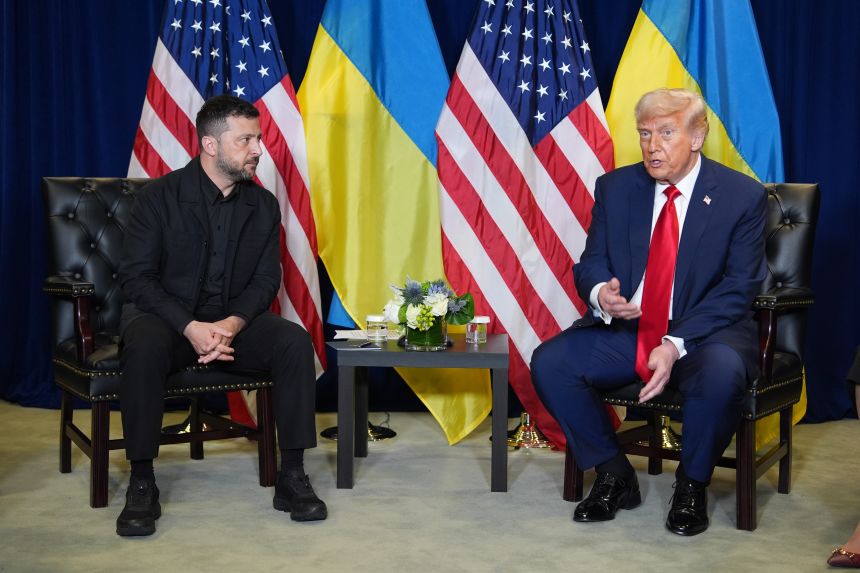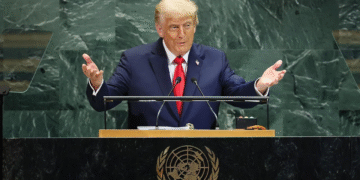When Words Meet Airspace Tensions
During a meeting with Ukrainian President Volodymyr Zelenskyy at the United Nations General Assembly, President Donald Trump made a striking statement. Asked whether NATO members should shoot down Russian aircraft if they violate NATO airspace, he replied simply, “Yes, I do.”
He added that whether the U.S. would back such actions “depends on the circumstance.”
Why This Statement Matters
This isn’t just another diplomatic soundbite. It comes at a time when several NATO countries, particularly those in Eastern Europe, have reported repeated airspace incursions by Russian jets or drones.
When national airspace is violated, the question of how to respond is deeply serious. Is it enough to report and protest, or should military force be used? Trump’s answer puts him firmly in the camp of those who believe force may sometimes be necessary.
Reactions, Risks, and What Comes Next
Trump’s call has sparked plenty of debate.
Supporters argue that strong responses like this reinforce deterrence. If Russian aircraft know that violation can mean being shot down, airspace intrusions may happen less often.
Critics caution that such statements could escalate conflict, increasing the risk of unintended clashes or even war. Ambiguity over what “depends on the circumstance” means also raises concerns about who decides whether action is justified.
NATO’s official position remains cautious. Some member states have called out airspace violations and insisted on defensive readiness. Others warn of the risks in misinterpretation or accidental escalation.

What This Says About the Broader Picture
Trump’s statement reflects more than a policy suggestion. It’s a sign of growing impatience with repeated airspace violations and a desire among some leaders for more assertive deterrence.
For countries bordering Russia or in regions where air incursions have become routine, this echoes a wider anxiety: that words alone aren’t enough. They want clarity, protection, and firm guarantees.
















